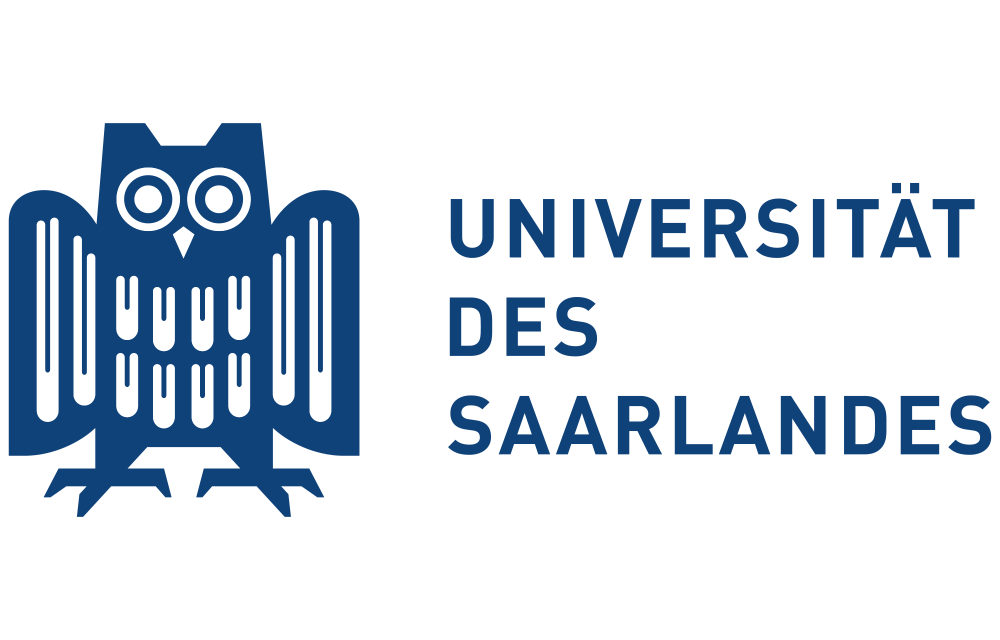Additional millions in funding for research collaborations in computational linguistics and life sciences

The German Research Foundation will fund two collaborative research centers at Saarland University, which already have received funding since 2014, with an additional 18 million euros for four more years. The Collaborative Research Center “Information Density and Linguistic Encoding” focuses on the information density of linguistic expressions. The Transregional Collaborative Research Center “Control of Body Homeostasis by TRP Channel Modules” focuses on proteins that play an important role in cellular processes.
In the Collaborative Research Center 1102 “Information Density and Linguistic Encoding”, linguists, psychologists and computer scientists from Saarbrücken, with Elke Teich, Professor of English Linguistics and Translation Studies, as spokesperson, are analyzing the efficiency of language on an information-theoretical basis. The research project comprises 17 subprojects and will be funded with around 14 million euros for four more years. About 35 junior researchers are to be financed from this amount.
Scientists from pharmacology, anatomy and physiology are involved in the Transregional Collaborative Research Center 152 “TRiPs to Homeostasis: Maintenance of Body Homeostasis by Transient Receptor Potential Channel Modules”. Scientists from the Technical University of Munich and the Universities of Freiburg, Heidelberg and Leipzig are also participating in this Collaborative Research Center, which has been applied for by Saarland University and Ludwig Maximilian University in Munich. Saarland University will thus receive around 4.1 million euros to finance, among other things, ten personnel positions with highly qualified job profiles for the next four years. The research will focus on the protein family of so-called “TRP (transient receptor potential) channels”, whose members play a central role in the body as versatile cellular sensors and effectors. In addition to their essential function in sensory processes, another focus is on their role in metabolism and other homeostatic body functions. The research program in the now third funding period aims in particular at the development of preclinical disease models and clinical translation.
University President Manfred Schmitt is very pleased about this double success and sees the collaborations, which have now been funded for the third time in a row, as proof of Saarland University’s great capabilities in both research areas: “The fact that the scientists of both Collaborative Research Centers have succeeded in convincing the internationally staffed review panels of the German Research Foundation of the importance of their collaborations over such a long period of time is proof of the strength and reputation of both areas, which at the same time also clearly underlines the nationwide position of Saarland University among the strong research universities in Germany. ”
“I congratulate the scientists at Saarland University on this great success for computational linguistics and the life sciences,” said Saarland Science Minister Jakob von Weizsäcker. “The DFG’s funding decision further stresses the national and international appeal of the research focus areas of computer science and NanoBioMed at Saarland University.” As part of the overall federal-state funding, the Ministry of Science is involved in funding the German Research Foundation with a total of around 10 million euros annually.
/pzs
Further information about the SFB 1102:
Prof. Dr. Elke Teich
Phone: (0681) 30270071
E-Mail: e.teich(at)mx.uni-saarland.de
https://sfb1102.uni-saarland.de/
Further information on TRR 152:
Prof. Dr. Ulrich Boehm
Phone: (06841) 1647879
E-mail: ulrich.boehm(at)uks.eu
www.med.uni-muenchen.de/forschung/verbuende/sfb/trr152/
Originally published at: https://www.uni-saarland.de/aktuell/dfg-sonderforschungsbereich-transregio-25189.html
